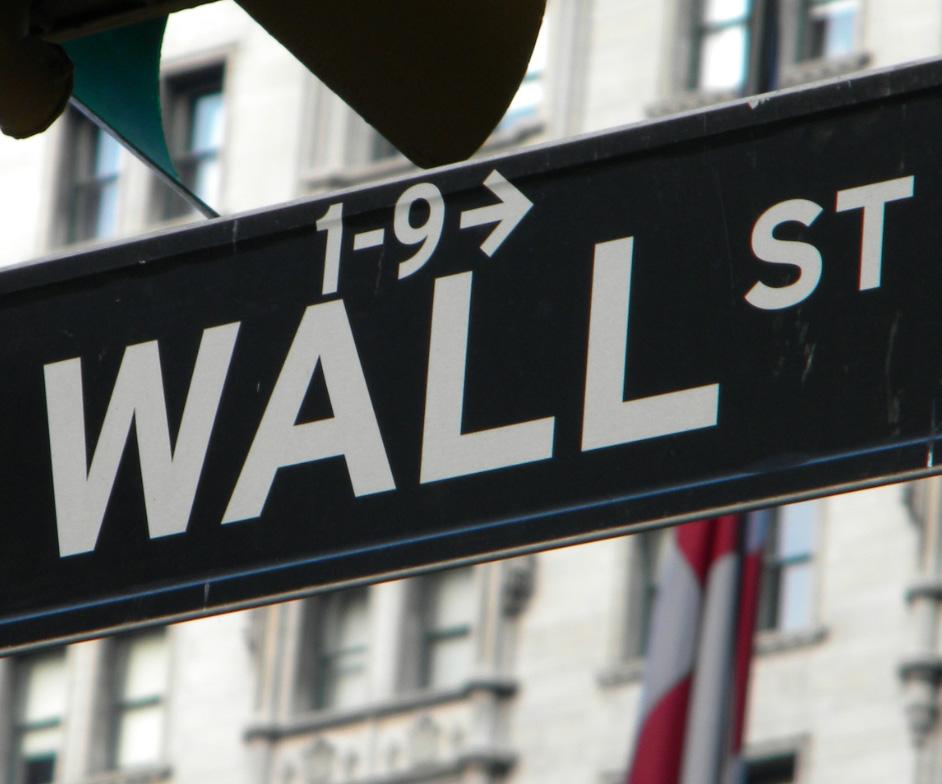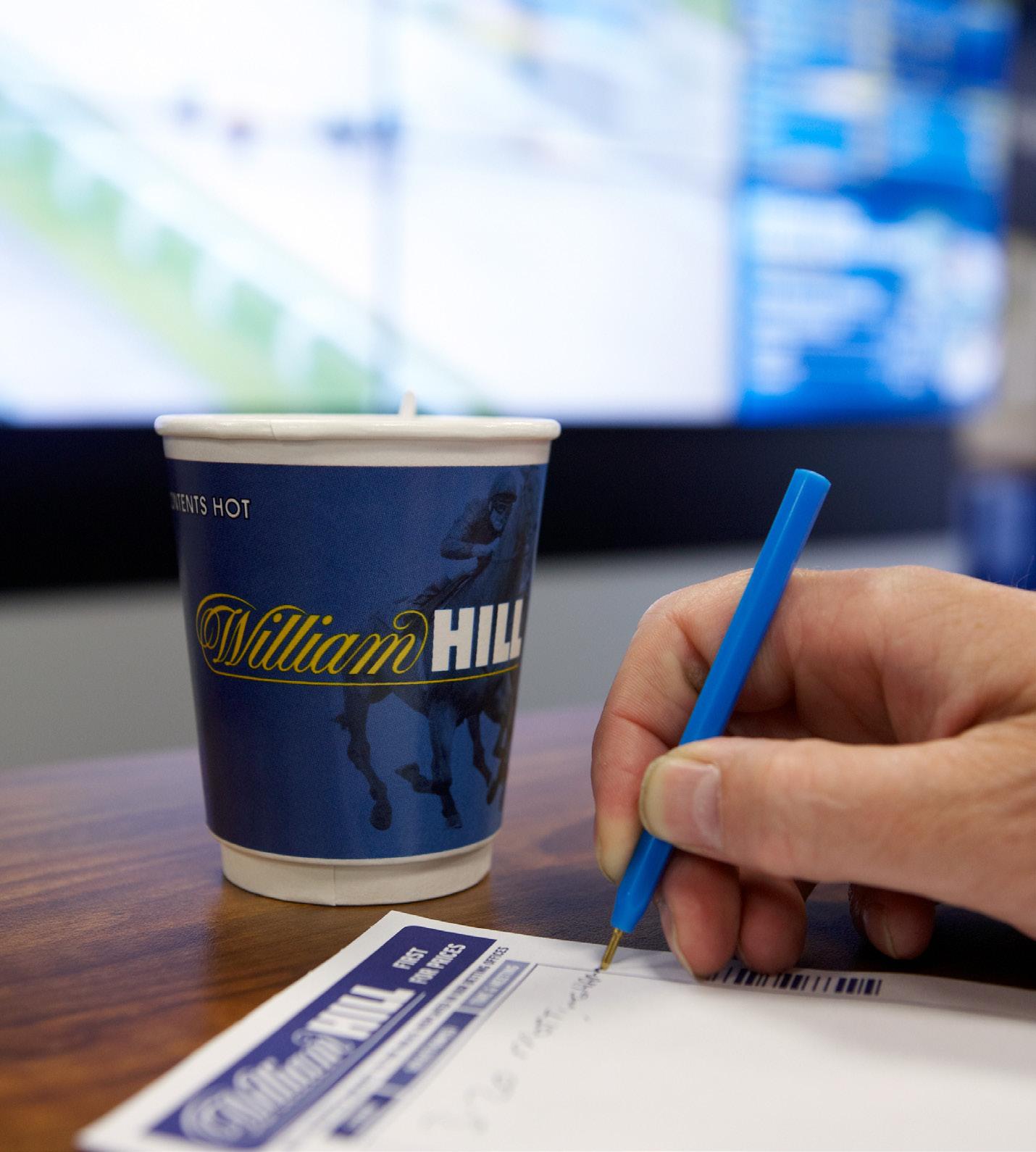
8 minute read
RE-SHAPING GAMBLING
How Investment Groups Are Re-Shaping Gambling
Like so many sectors, the durability of the gambling industry has been rigorously tested over the past two years. As the pandemic ripped indiscriminately through global populations, the proverbial commercial goalposts have kept moving further and further away. An unprecedented raft of curbs on social freedoms, a seismic shift in customer behaviour, and a colossal downturn in consumer confidence, all served to present businesses with the toughest set of trading conditions since the Second World War.
However, while some markets succumbed to the tangible pressures borne out of the coronavirus crisis, the gambling sector remained broadly resolute and steadfast in its operations. This is all the more impressive when you consider the traditional environments that this industry relies upon. The energy, atmosphere, and vigour generated by the casino floor was suddenly withdrawn, with venues subjected to a host of draconian measures. Establishing a feel-good gaming ambience whilst respecting restrictive social distancing rules, wearing masks and capping attendances is almost impossible. Clearly, temporary closures during rolling lockdowns left casino concessionaires with an even greater headache. Furthermore, the mass cancellation of sporting events left sportsbooks without fixtures and competitions to offer odds on. Bingo halls, national lotteries, and card schools also faced into the abyss.
So, how have casino and sports wagering operators pulled through this tumultuous period? A partial contributor is the way in which these companies seamlessly adapted to a radically changing landscape. With bricks-and-mortar buildings under lock and key, particularly in the early days of the pandemic, players sought alternative avenues to gamble. Those who had frequented casino facilities, or perhaps visited sports betting retail outlets, were suddenly presented with a dilemma. However, through a huge shift in focus towards the online arms of their respective businesses, operators were able to facilitate a sharp, sudden, and dramatic incline in app usage. Of course, online markets have presided over substantial growth for some time now, but no one could have pre-empted this spike in activity. In the context of a worldwide pandemic, for customers, it quickly became the mobile phone screen, or nothing.
Nevertheless, there is a less well-documented factor which has enormously supported sector resilience in the last 24 months. Private equity firms, venture capitalists, and SPAC investment groups have continued to circle the industry for opportunities, and shown no hesitation in swooping down on potential prospects. Despite chaos reigning supreme across global economies and financial institutions, these investors have maintained a level of consistency in their approach, perhapsunseen elsewhere. In this way, an almost self-fulfilling prophecy has started to materialise. As investment companies continue to demonstrate unshakeable confidence and belief in the future prosperity of gaming markets, the industry responds in kind, projecting the image of a calm, controlled and stable environment. These efforts have conspired to produce some major acquisition activity, providing the elusive funding which has escaped so many industries amidst the worse economic episode in a generation.
In 2021 alone, cash spent in takeover deals tipped the scales at over $7bn, which was approximately a $2bn uplift on the previous year. Clearly, given the ever-changing conditions at play, it’s difficult to draw any like-for-like conclusions from these numbers. However, its arguable that the marketplace volatility experienced in 2021 was as bad, if not worse, then that encountered in 2020. Indeed, it must be remembered that in the first year of the pandemic, COVID-19’s grip on society only began to take a strangle-hold towards the end of March. Furthermore, as the virus began to mutate, 2021 saw the navigation of a series of variant scares, which put intense pressure on governments to increase the volume and intensity of social restrictions.
The vast majority of this investment came thanks to the role of private equity and SPAC enterprises, who ploughed an eye-watering $6.3bn into acquisition endeavours last year. Venture capitalist stakeholders nearly contributed $1bn, extending their input by almost four-fold on the twelve months prior. Although there was a persistent drumbeat of buy-outs throughout 2021, there were also some marquee ‘merger’ moments. A serial investment opportunist throughout last year was the Apollo Global Management firm, with its takeover of the Great Canadian Gaming companyproving to be a particularly lucrative deal. The Ontario-based outfit were given $2.6bn in return for business ownership, with an overwhelming percentage of these funds allocated to the purchase of their hallmark property on the Las Vegas strip, ‘The Venetian’. Alex Van Hoek, a leading official from the Apollo group, stated at the time that its efforts to acquire the Nevada resort ‘’underscores our (Apollo’s) conviction in a strong recovery for Las Vegas as vaccines usher in a reopening of leisure and travel in the United States and across the world’’.
Fast-forward six months, and you can see Van Hoek’s words coming to fruition. The gradual, further easing of COVID limitations on society has helped to catalyse even stronger investment activity, perhaps best illustrated by Blackstone’s landmark takeover of Crown Resorts. The ailing Aussie operator is currently still reeling from the impacts of a damning Royal Commission probe on its illicit financial exploits, but Blackstoneremained committed to a deal it had stalked for over a year. The New York-headquartered company paid out a record-breaking $6.2bn to add Crown to its investment portfolio, offering the casino concessionaire an all-cash deal worth 32% more than its share price valuation.
However, evidence of large-scale acquisitions is not just contained to the gaming space. In the U.S, the Supreme Court’s decision to overturn historic sports wagering legislation has facilitated meteoric sportsbook handles across a large swathe of its native states. Now, over thirty jurisdictions preside over some form of sports betting market, with seemingly relentless growth attracting a range of investment suitors.

‘’The opportunity in sports betting is just getting started’’ claims Wayne Kimmel, founder of SeventySix Capital, a Philadelphia-based firm who specializes in investment opportunities within the sports gambling theatre. He believes that the American industry will see another eight to ten states join the party in 2022, with almost a full complement of local bodies establishing a sector within the next two years. Kimmel’s projections for the medium-term future are difficult to challenge. The number of states embracing sports wagering pursuits is accelerating exponentially, desperate to tap into an enterprisewhich is returning legislature’s massive amounts in revenue taxation. In January, New York’s online sportsbooks generated $124.1m in gross gaming revenue; 51% of this found its way back into state coffers.
However, it’s not just operators that are getting a slice of the action. As the bourgeoning sector welcomes increasing levels of activity, it evolves to protect its assets and accentuate its performance. A range of consultancies, compliance experts, and software developers jockey for position in a market that accelerates at a rate of knots beyond anyone’s initial predictions. Indeed, these newly-arrived players have a vital role in maintaining this trajectory, and ensuring that commercial and regulatory procedures stay relevant and advantageous. This is something that SeventySix Capital investment group have placed particular emphasis on, outlined through their recent buy-out of Odds-On Compliance, an organization dedicated exclusively to the preservation of gambling operator performance.
Nevertheless, takeover initiatives have not been limited to the American sphere of influence, with plenty of action occurring in other parts of the planet. One example of this is the considerable activity within the UK, whereby several well-publicized acquisition attempts have come to pass. Paul Breen, a senior advisor with real estate services provider, Savills, suggests that ‘’interest from private equity groups in the casino sector has certainly been increasing in recent months’’, adding ‘’the sector has been understandably been hit hard by the pandemic but there is a real sense of optimism that we have seen the worst of any disruption’’.




However, perhaps the most telling sign of returning sector confidence comes in the shape of investment in the country’s retail units. Pursuing a stake in a land-based industry, ravaged by intermittent shutdowns during the height of the pandemic, demonstrates the level of strength in the market currently felt. When Caesar’s Entertainment resolved to sell itssuite of over 1,400 William Hill outlets throughout the UK, there was certainly no shortage of suitors. A fierce bidding war between prospective operators eventually ended when 888 Holding’s secured one of the UK’s biggest sportsbook brands for a cool £2.2bn. Later that year, Irish gambling giant Flutter Entertainment purchased Sisal, a leading sports wagering firm based in Italy’s industrial north. This deal was worth just shy of £2bn.
Yet, free-spending investment behaviour, at least in a UK context, may soon be under threat. After a protracted review process, partially delayed due to the overriding government focus on the pandemic, Westminster could soon oversee a seismic re-calibration of gambling regulation. This is likely to involve measures which conspire to cut promotional initiatives, increase financial checks and balances, and place greater demand on operators to protect vulnerable players. Although some of the methods introduced will undoubtedly strengthen the integrity of the market, it could in theory serve to also detract potential investors, concerned with a saturation of commercial opportunities. There are examples of legislatures across Europe taking an equally tougher stance. The Dutch government has taken decisive action against unlicensed online gaming merchants, and the Swedes have been ruthless in capping bettor deposits and play time, as well as clamping down on the volume of bonus offers advertised to customers. Indeed, many state apparatus’ have intervened in their respective gambling sectors, conscious of the chastising economic impact the pandemic has had on its citizens.
Yet, most industry stakeholders would agree that some increased regulation was favourable, if not essential. True, the emergence of extra measures seems to have been greeted as simply a new framework for commercial and social operations, rather than a mass infringement on trading freedoms. The sector remains optimistic that the huge level of outside investment will continue unabated, regardless of some additional precautions that operators across Europe (and beyond) may need to undertake. Additional legal covenants and increasing social accountability will always generate some element of risk for prospective suitors, but surely not enough to derail recent investor interest from private equity groups and venture capitalists.
It would perhaps be naïve to state that the gambling industry has fully recovered from the punishing impacts of a merciless global pandemic, but a continuation of external funding can only aid progression toward complete normality in the coming months.




